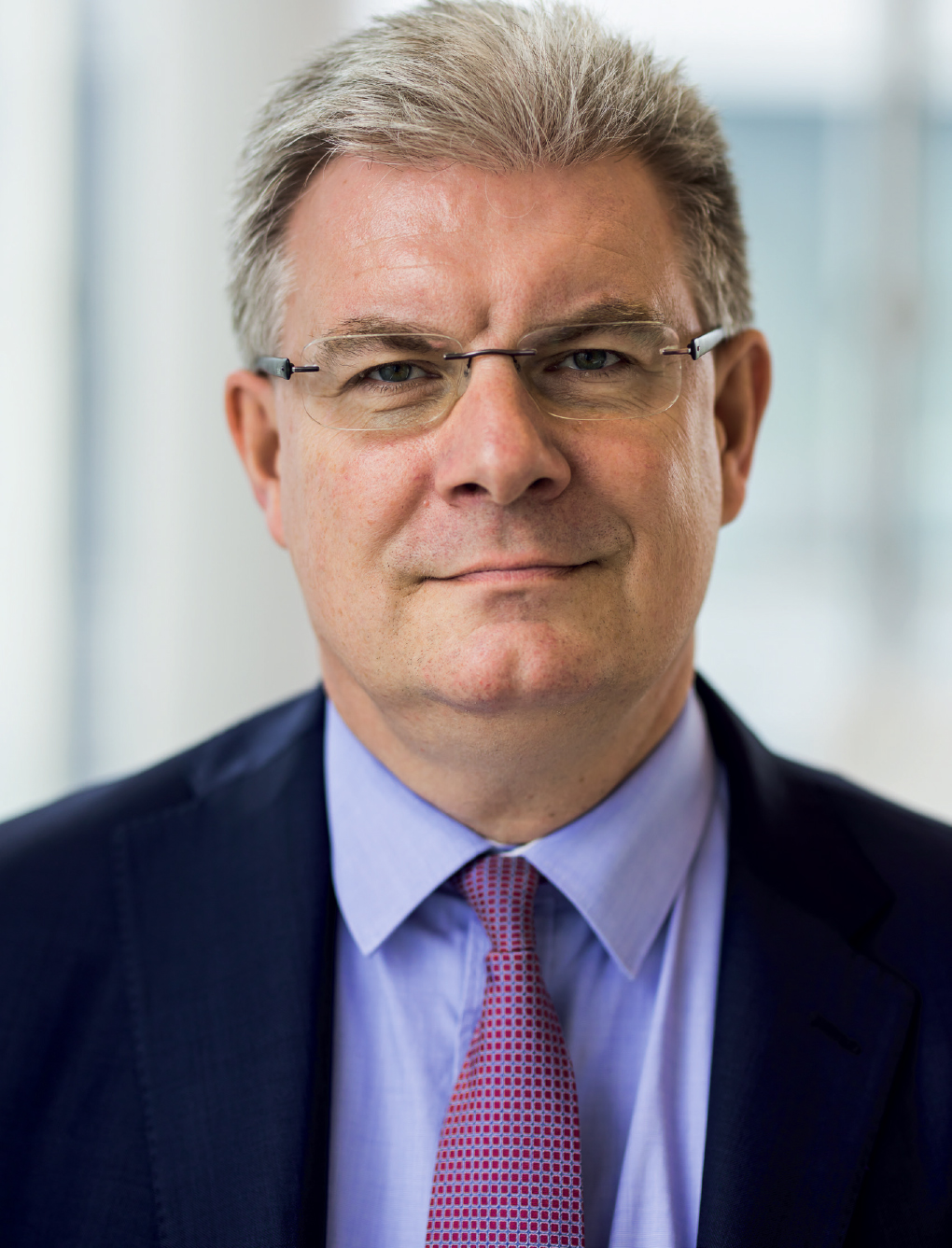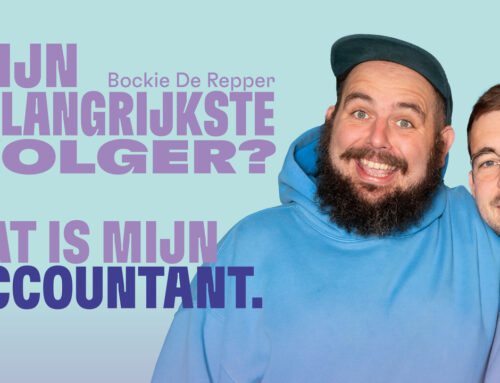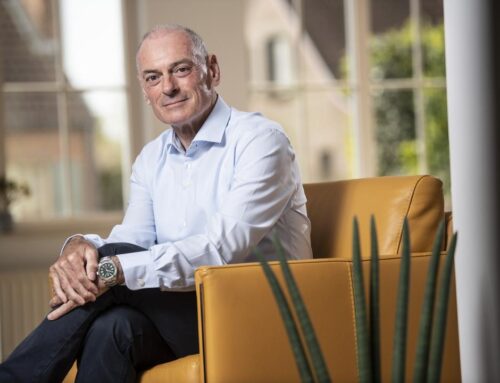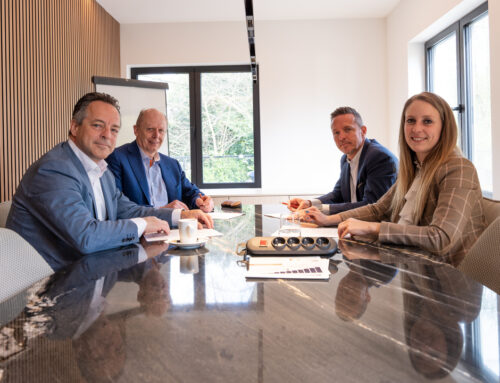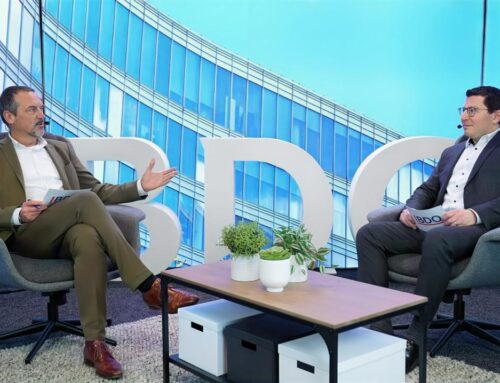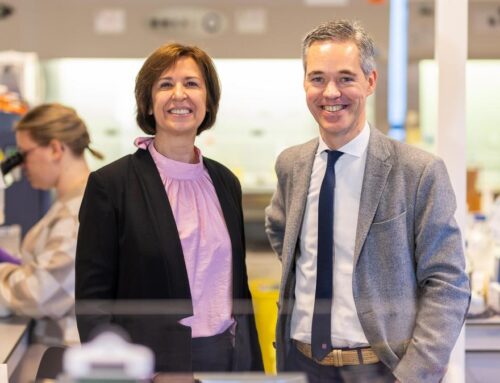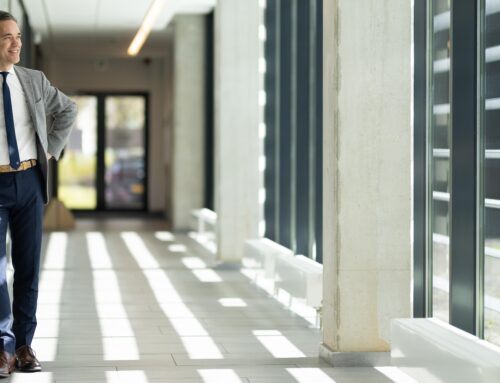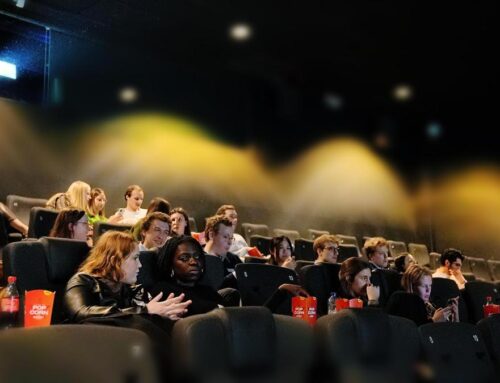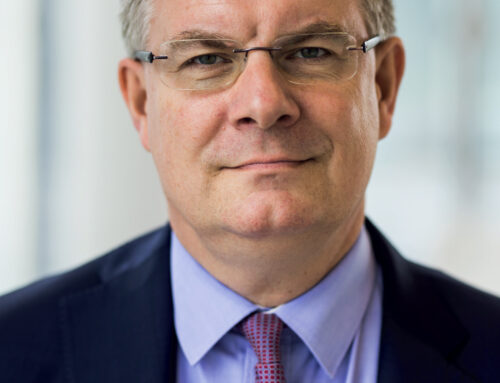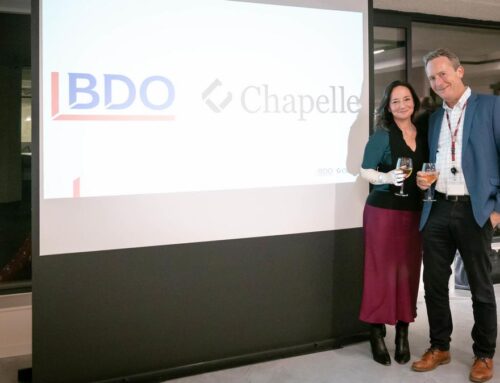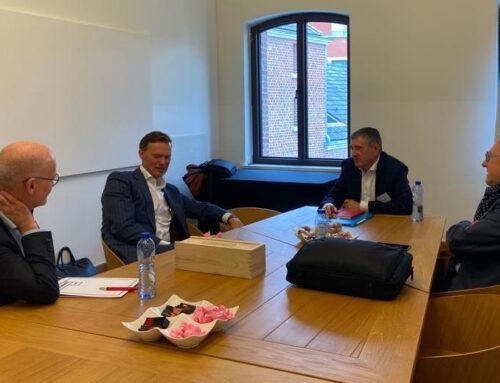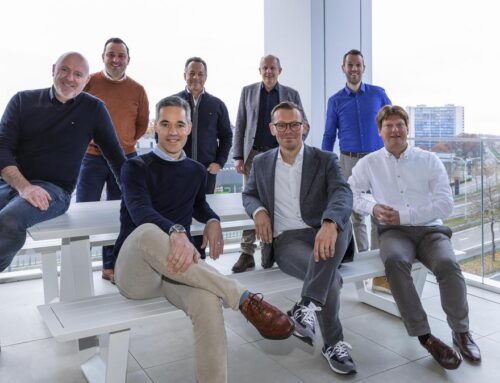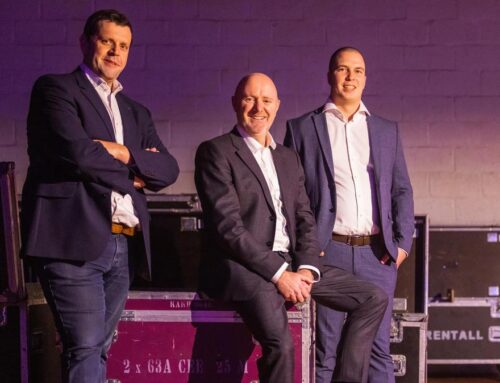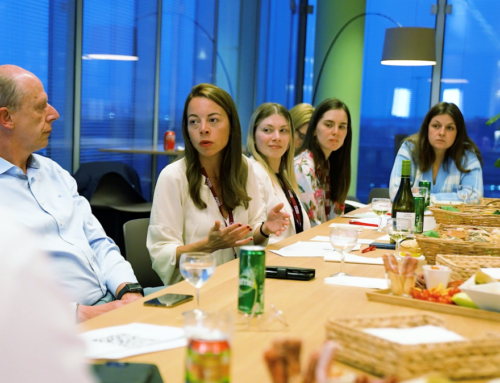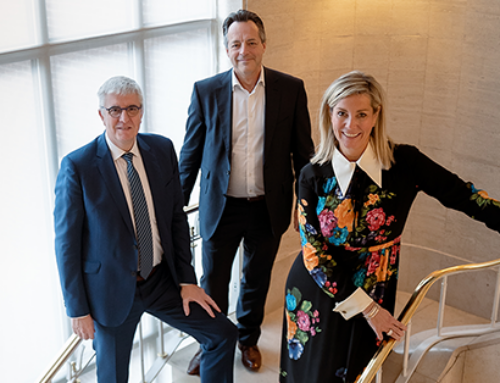How is it possible that a microscopic organism has caused the whole world to reset? The health crisis caused by COVID-19 has hit our well-being hard with an unprecedented socio-economic and social impact. Never before has the economy had to downscale itself so drastically without an economic reason to do so. As a result, this year, the Belgian economy is heading for the biggest economic contraction in its post-war history.
Resilience is more than ever becoming the catalyst for competitiveness.
The question is whether we – as a society, an economy, a company, an organisation – can prepare ourselves for the impact of such an ‘elusive’ systemic crisis on a global level. And what about the increasing risk that any other crisis may take on the same pandemic dimensions – such as a climate catastrophe, a financial crash, a nuclear accident or a cyberattack? Whatever is coming our way, risk management still has its limits. No company can completely protect itself from the unthinkable. Our resilience and agility will prove to be the best insurance.
After all, the corona crisis is showing us that it’s not the fastest, smartest, biggest, or the healthiest organisations and companies that will survive. Those who can adapt easily and relentlessly to the increasing complexity and changes in economic, geopolitical, technological and climatic evolutions will be the most resilient and flexible. In other words, ‘resilience’ will, more than ever before, become the catalyst of competitiveness. Just take a look around to see it for yourself: digitisation is accelerating, teleworking and videoconferencing have received a huge boost, the budgeting process has been shifted from financial accuracy to strategic success, value enhancement (or value increase) is progressively becoming an indispensable tool in the optimisation of the business…
In our cover story, we zoom in on the new digital normal in the world of the CFO. In a brand-new partnership with Vlerick Business School, we are striving for a useful balance between what high-end technology can do in the lab and how we can apply it in a meaningful, feasible and future-proof way in the ‘Office of the CFO’. This is a textbook example of how a company can better prepare itself for disruptive calamities, thanks to a highly-performing finance department. Or, in the wise words of the American management professor Peter Drucker: “The best way to predict your future is to create it.”
